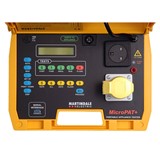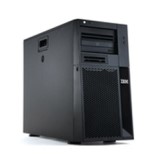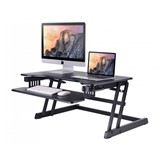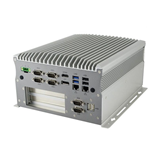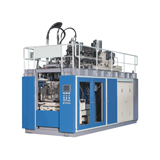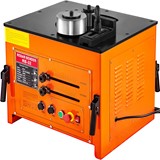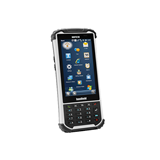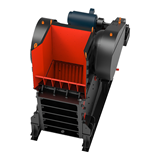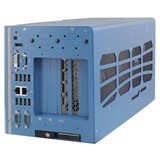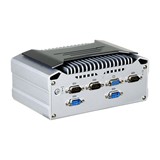Too big and your systems will sink through unwieldy excess. But it's not just fit that flusters small business operators into purchases that don't compute. Side orders of RAMS and bytes and chips can undo your algorithm faster than you can say 'HyperText Transfer Protocol'.
Known brands bombard you with options, all of which are outmoded before you get them out the shop door. Unknown brands bombard you with bargains, all of which overheat your hard drive faster than you can say 'dangerously tempting discount'.
So what's the best Alt and how can you gain Ctrl, Fn effectively in a confused market, and Esc the Shift-y deals? Here's some Help.
Cheap isn't cheerful
So there you are gazing wide eyed at a super cheap computer with a brand name you've never heard of. It's shiny and new and it has a nice long list of what appear to be impressive specs to your non-techno mind.
But the thing that's really attracted you is the price tag: $300. With five staff you could literally upgrade your entire office computer system for just $1500. What a find! What a bargain!
What a mistake.
Bargains can byte back
Buying those cheap computers is like buying a motor mower engine to power the company car. Your entire office computer system will function as if driven by hamsters in wheels and your staff will have no choice but to operate at walking speed themselves.
Quite simply, cheap computers are false economy sure to ruin yours in the long run. For fast, smooth operation, pay what you need to pay for a respected brand with a proven track record in both performance and service.
One bad Apple spoils the bunch
Unless you have a really good reason, choose an Apple or Microsoft operating system for your entire office and stick to it. Both work fine and do essentially the same things, they just get to the same place in slightly different ways. Synergy is, however, key to a smooth office. So get all your computers singing from the same song sheet for a harmonious overall performance.
RAMS count
RAM stands for Random Access Memory. Basically it determines how much information your computer can cram in without getting brain fade. Not enough RAM and your computer will quickly get bogged down in its own memories, programs will run slower and so will you.
Whether your computer motherboards have two, four or more RAM slots, fill them all with RAM chips. RAM slots are like lanes on a freeway and your computer operators are a convoy of cars. Which will get all of them going as fast as they need to go – a single lane or four?
Keep your office upwardly mobile
Do your staff always work at the same desk? Or is now a good time to think about a more flexible office environment where workstations can be moved on a whim to keep things interesting?
Desktop computers are just that; computers perpetually stuck to desks. Laptops on the other hand can go wherever your lap can and do everything a desktop can without feeling like you're on a leash.
That said, desktops tend to be cheaper. They're also tougher beasts and easier to repair or upgrade. So weigh it up. If your workers and workstations need to be stationary, desktops will do. If you think cafes and parks are more conducive to peak performance than cubicles, go for laptops.



